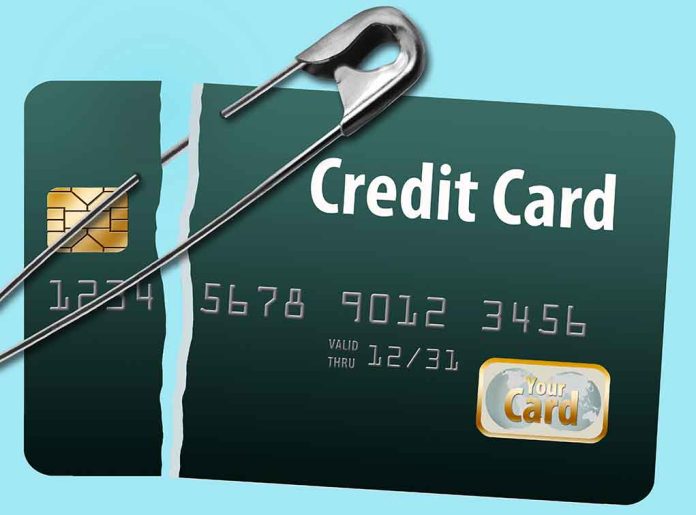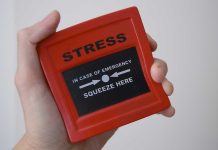
(DailyDig.com) – Almost everyone needs credit at some point in their lives. Whether or not you get financial assistance from banks and other financial institutions (and how much you get) depends on your credit score. As such, a bad credit score can hold you back from many things, from seemingly small things such as buying a car to significant ones such as buying a home or setting up your dream business.
How You Can Repair Your Credit Score
Your credit score depends on how well you manage your finances. While not an easy undertaking, there are things you can do to repair your credit score. Here are some to start with:
1. Pay Your Bills on Time
Late payments on your bill will shop up on your credit history. They significantly impact your credit score as your bill payment history makes up 35% of the credit report. As such, it is important to pay your bills on time.
It is advisable to live within your means to avoid bills you cannot afford. It is also recommendable to use an auto-pay solution for recurring bills that are easy to forget.
2. Pay Down Your Debts
Outstanding debts are one of the main reasons behind poor credit scores. They reduce your overall credit score and increase your credit utilization ratio, even if you aren’t currently using credit.
It is necessary to develop a payment plan (such as debt consolidation) and follow up on it to get the strikes off your credit report. It is worth noting that your credit score will temporarily decrease when you start paying your old debts down, but it will start increasing again as you continue making the payments.
3. Avoid Taking Credit Unless You Need It
Lenders must run a hard credit check when determining whether or not to give you credit. A hard credit check can reduce your credit score by up to five points and lower your average account age (which also lowers the credit score). This is why it is always advisable to avoid taking out credit unless you really need it, especially when you already have a poor credit score.
4. Limit Your Credit Utilization Ratio
A credit utilization ratio refers to the difference between your credit card limit and the balances on all of your credit cards. Ideally, your credit card utilization ratio should never surpass 30%, as a high ratio shows that you are exceedingly dependent on credit for your day-to-day financial obligations.
5. Monitor Your Credit Score & Report
Unfortunately, many people with bad credit don’t know their credit score. Knowing your credit score and reading the report will help you develop and manage a plan to repair your credit.
As explained, a hard credit check can cost you up to five points. However, requesting your credit report yourself qualifies as a soft credit check and will not cost you anything. It is advisable to request your credit report from all three credit bureaus (Transunion, Experian, and Equifax) to ensure that you don’t miss anything.
6. Dispute & Fix All Errors
It is not uncommon for credit bureaus to make errors – this report by the Federal Trade Commission shows that up to 25% of people listed with the bureaus have errors in their credit reports. As such, check every entry on your report thoroughly for errors and dispute them as soon as possible. You can dispute errors yourself or with the help of a credit repair services provider.
7. Keep Old Credit Cards Open
Repairing your credit doesn’t imply closing as many credit cards as you can. Active credit cards contribute to your credit history, which makes up about 15% of your overall credit score. As such, keep old credit cards open unless the charges for doing so are significant.
As mentioned earlier, repairing bad credit all involves improving how you manage your finances. You can do it yourself or hire a credit repair company to guide you through it. Ultimately, it boils down to your willingness to live by these recommendations.
Copyright 2022, DailyDig.com













